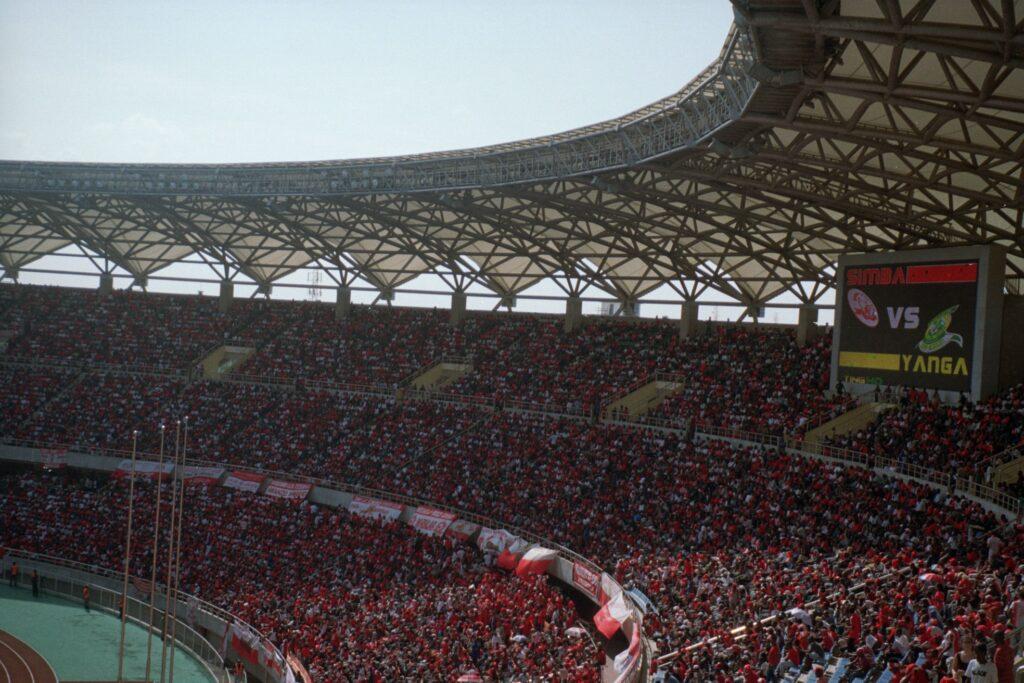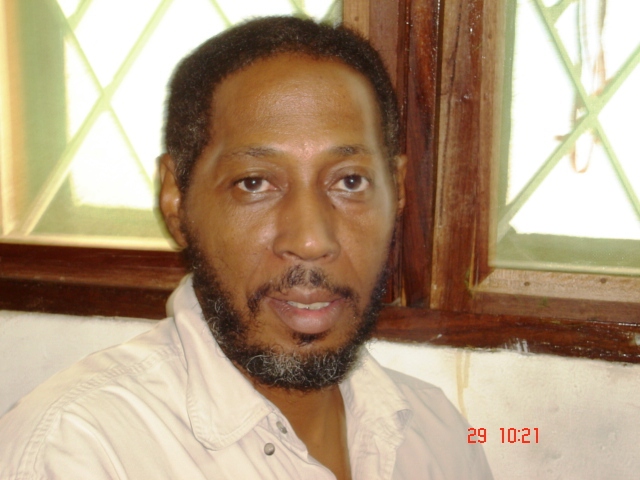In Tanzania, football and politics are inseparable. The result? Poor clubs

When Simba FC and Yanga FC play, the whole of Tanzania watches. Support for these historic clubs divides this football-obsessed nation in half, regardless of where people live. For 90 minutes, the country stands still. Simba and Yanga, however, are not just football clubs. They are also creations of Tanzania’s politics and contain within them decades of the nation’s history.
This association between football and politics stretches back to pre-independence. In the 1950s when political rallies were banned by the colonial government, for instance, Yanga’s clubhouse acted as the site for covert meetings of the Tanganyika African National Union (TANU), the independence movement led by Julius Nyerere.
After independence in 1961, the link between football and politics intensified. In 1967, the government dramatically sacked the entire leadership of the national football association and made membership of TANU a prerequisite for the new leaders. It ensured that those in charge of the popular and influential Yanga and Simba clubs were supporters of the ruling party too. In 1971, the construction of Yanga’s headquarters was totally financed by the Zanzibari Afro-Shirazi Party (ASP), which merged with TANU in 1977 to form today’s ruling Chama Cha Mapinduzi (CCM).
In terms of their management, football clubs like Yanga and Simba closely adhered to former President Nyerere’s Ujamaa philosophy. They shunned capitalist values and were administered on a model of collective ownership, relying on contributions from members.
Decades later, however, the wisdom of this model is facing ever greater scrutiny. Some argue it has held back clubs’ success and financial stability. Neither Yanga or Simba, for example, has its own stadium or football academy and they are unable to profit from gate revenues to develop homegrown talent. Compared to their rivals on the continent, Tanzanian clubs have struggled to compete. They rarely last long in the African Champions League, while the Tanzanian national team crashed out swiftly in last year’s Africa Cup of Nations after losing all three of its group matches.
Show me the money and…democracy
In response to these disappointments, some fans are advocating for clubs like Yanga and Simba to be privatised. In some respects, this has already begun.
In 2018, Mohammed Dewji, CEO of Tanzanian multinational corporation MeTL group, bought a 49% stake in Simba. A period of success followed as the club became the first Tanzanian team to qualify for the knockout stages of the African Champions League in over 20 years.
At Yanga, supporters have similarly called for the club to be “modernised” recently. Many have argued for the need to move away from the ujamaa philosophy and towards selling shares and making the club a private company.
It still remains to be seen how far these trends can really go in Tanzania. According to football scholar Peter Alegi, football in Africa is always a matter of national pride and can never be completely freed from politics. This may be particularly the case in Tanzania, where the ruling CCM is likely to be reluctant to give up its control over highly influential clubs, especially in an atmosphere of heightened political repression.
Nash MC, hip hop artist and political activist, told African Arguments that the candidates in the recent Yanga elections, held annually to elect the club’s management, had been “handpicked” by the government. He also predicts that despite Simba’s initial success following Dewji’s investment, that relationship will inevitably break down due to resistance from political actors.
But it’s all still politics?
There is strong evidence that commercialisation is necessary for success in African domestic football. Clubs are not self-sustainable and cannot rely on sponsorship. This has become clear recently in the Kenyan Premier League. The withdrawal of the main sponsor SportPesa has led to a crisis as players have reported playing on empty stomachs. The Kenyan Football Federation has even been criticised for allowing the league to go ahead without a commercial sponsor.
However, although most Tanzanian football supporters appear to be in favour of increasing commercialisation in the hope of greater success, many believe this will not be possible due to clubs’ intimate political connections. This is evident with the emergence of Azam FC, a hyper-commercial company-owned team that won the league in 2014 but which has subsequently failed to challenge the status quo, arguably because of politics. According to Nash MC, there was a time when Azam FC was “free” and operated outside of the political sphere but it has now been “subsumed into it”.
Football supporters in Tanzania are becoming increasingly frustrated with what they see as politics interfering with the development of the sport in the country. But contrary to many popular wishes, it is in fact likely that political interference will intensify rather than diminish as those in power struggle to maintain control over the popular and influential football clubs.





